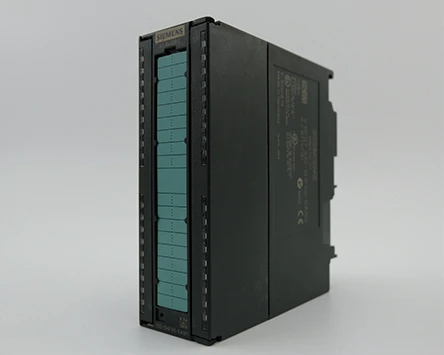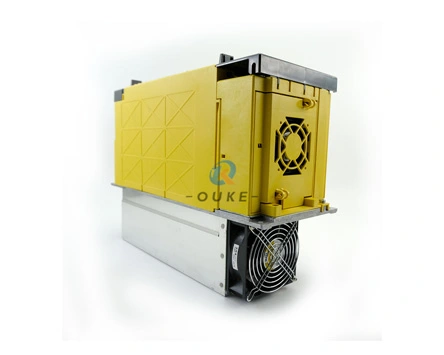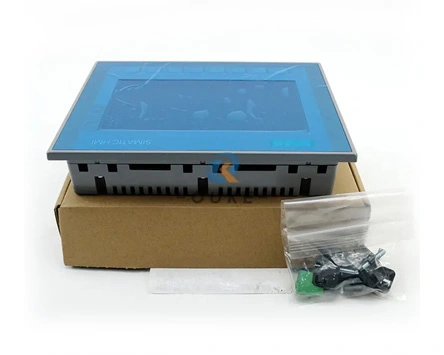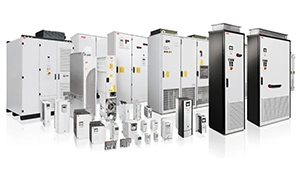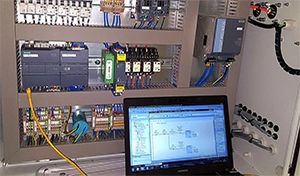
A servo inverter is a type of inverter specifically designed to drive servo motors. It can convert AC power into output with specific frequency and voltage to achieve precise control of the motor's speed and torque, meeting the high precision requirements of servo control systems. The servo inverter integrates digital control technology and specialized hardware circuits, enabling it to complete high-speed, high-precision motion control tasks. It is one of the important devices in the field of industrial automation.
The mechanism of a servo inverter is similar to that of a regular inverter, but there are differences in functionality and precision. Its basic principles include the following steps:
Rectification and Filtering
First, the servo inverter converts the input AC power through a rectifier into DC power and removes the ripple components in the DC power through a filtering circuit to obtain smooth DC voltage.
Inversion and Frequency Conversion
Subsequently, the DC power is converted into AC power with adjustable frequency and voltage through an inverter. The power semiconductor devices (such as IGBT) in the inverter achieve precise control of the output voltage and frequency through rapid switching actions.
Feedback and Closed-Loop Control
The servo inverter receives position, speed, and acceleration commands from the servo controller and automatically adjusts the output power and frequency through internal closed-loop control. In the closed-loop control system, sensors such as encoders and rotary transformers detect the motor's actual speed and position in real-time, compare the feedback signals with set values, and adjust the motor's input voltage or current based on the error to achieve high-precision control.
High Precision and Fast Response
Through precise control technology and efficient power devices, the servo inverter achieves high-precision, high-speed, and high-reliability motor motion control. Its quick response capability and high-precision position and speed control make the servo inverter widely used in fields such as CNC machine tools, industrial robots, and semiconductor equipment.
In summary, the servo inverter, through its unique mechanism and precise control technology, provides efficient, reliable, and accurate motor drive solutions for modern industrial automation. With the continuous development of industrial automation, servo inverters will play an increasingly important role in more fields, driving industrial upgrades and technological innovation.
 English
English 日本語
日本語 한국어
한국어 français
français Deutsch
Deutsch Español
Español italiano
italiano русский
русский العربية
العربية Türkçe
Türkçe Jawa
Jawa
